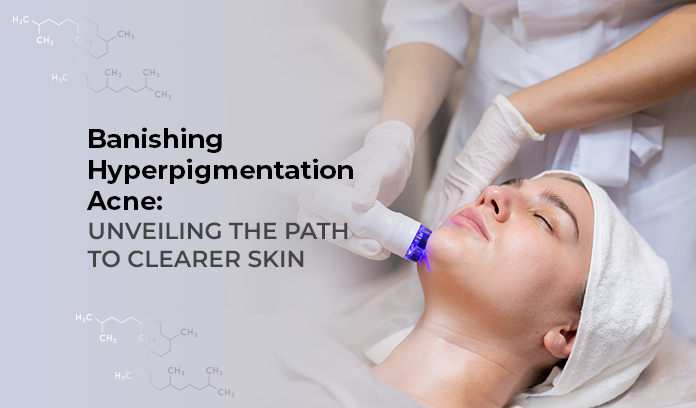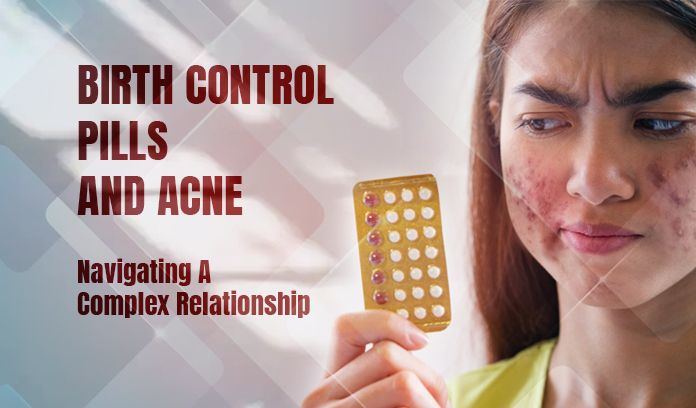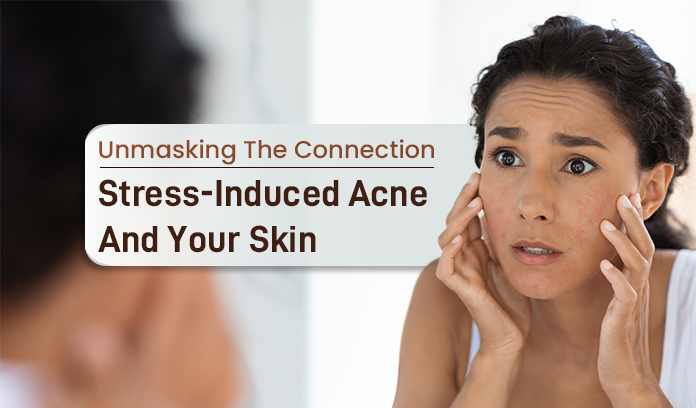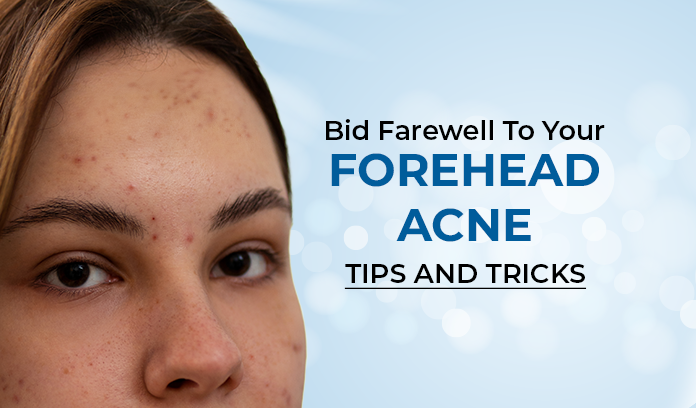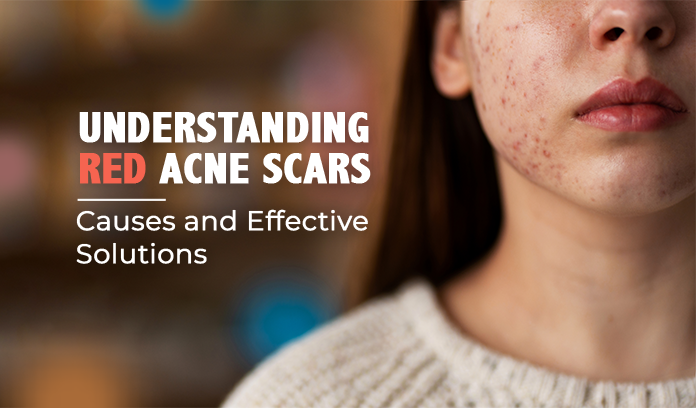As an unwelcome consequence of blemished skin, hyperpigmentation acne can be a frustrating condition to deal with. It is characterized by dark patches or spots on the skin and affects people of every skin type.
In this blog, we underline the causes, prevention, and treatment solutions that help bid adieu to hyperpigmentation acne and make way for healthier, radiant skin.
Understanding Hyperpigmentation Acne
Due to the increased production of melanin in the affected areas, hyperpigmentation acne is triggered by the inflammation of acne breakouts.
As the skin tries to heal itself from a pimple, an excess amount of melanin is produced, resulting in dark spots that remain long after the breakouts.
This kind of acne can persist for a long period, undermining our self-perception along the way.
To effectively address this problem, it is vital to understand the underlying concerns of acne and hyperpigmentation.
Preventing Hyperpigmentation Acne
Prevention is certainly better than cure! Sticking to a consistent skincare routine can profoundly reduce the likelihood of developing hyperpigmentation and acne.
Incorporate a gentle daily cleanser, an oil-free hydrating moisturizer, and a broad-spectrum sunscreen into your anti-acne skincare routine.
Additionally, avoid picking or squeezing your acne scars as it can worsen inflammation. Ensure adequate water intake along with a nutritious, well-balanced diet to boost your overall skin health.
It’s important to remember to be gentle with your skin and use non-comedogenic products to avoid pore blockage.
Skincare Routine for Acne Scars and Hyperpigmentation
If your acne is causing hyperpigmented spots, it’s time to embrace a more multifaceted approach to treatment.
Topical ingredients that help fade dark spots gradually include retinoids, vitamin C, alpha hydroxy acids (AHAs), or hydroquinone. Chemical peels and laser therapy are dermatologist-approved treatment options that boost skin cell turnover and help reduce pigmentation.
However, it’s wise to remember that the best anti-acne treatments are tailored to your skin type. Therefore it is best to consult a dermatologist before opting for a particular treatment plan.
Conclusion
While dealing with hyperpigmentation acne can seem like an uphill battle, the right guidance and tools can help you successfully manage it.
Combining carefully tailored preventive measures with dermatologist-approved treatments can pave the way for a more radiant-looking complexion.
Remember, patience and consistency are key as you embark upon this journey for a healthier, more confident you.







